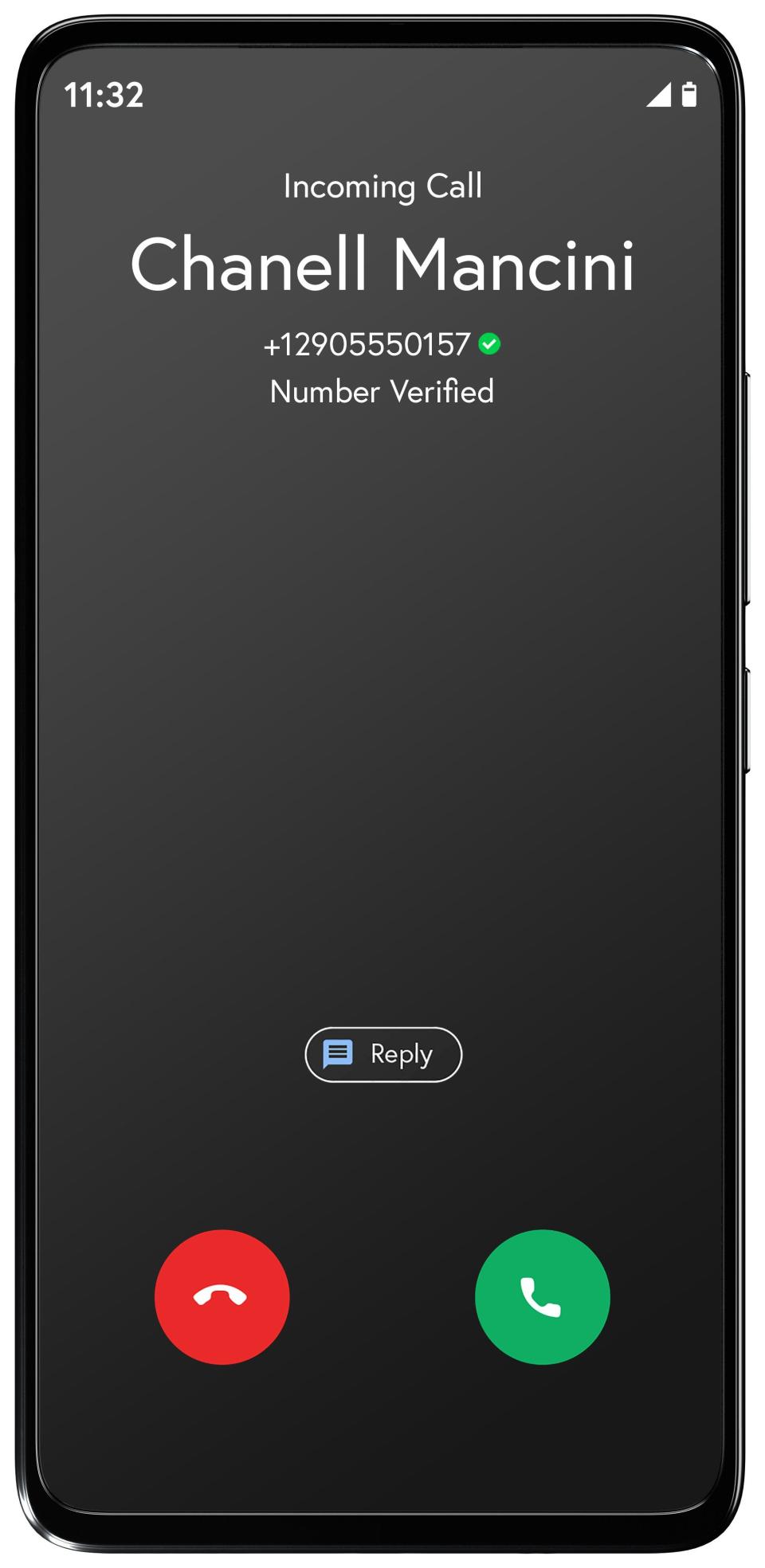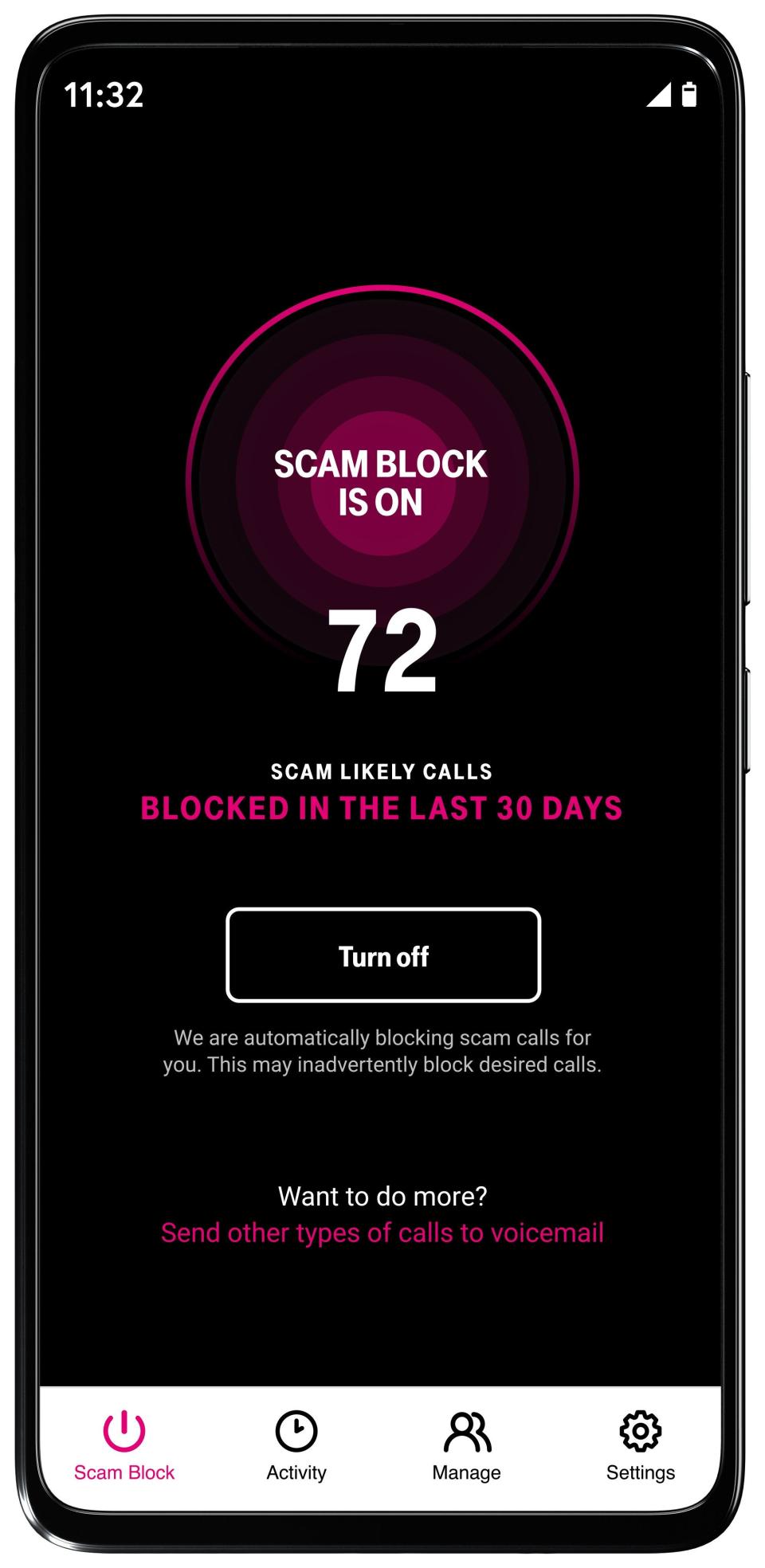T-Mobile's latest robocall strategy: Giving customers a second phone number to throw off scammers
T-Mobile says it can do what all wireless carriers have found tough to accomplish: curb robocalls.
The No. 3 wireless carrier in the U.S., which merged with Sprint earlier this year, says its Scam Shield initiative will help stop scammers with better identifying and blocking of calls.
But T-Mobile and others have offered such services in the past, which have been beaten down by scammers. The twist here is that T-Mobile is giving customers a secondary, free phone number "to keep your personal number personal, free number change if needed and free ID monitoring."
The idea is that you use the second number, which will ring on the phone you own now, when companies request your number. This way, the scam calls and the distribution of your phone number can only be done on your proxy number.
Addressing diversity: Apple expands coding partnership with Black schools
Videoconferencing tip: Webcams are still in short supply, but you can turn your camera into one

But you'll still have to contend with the scam calls that currently exist on your old phone number.
For that, T-Mobile wants you to use a new app, Scam Shield, to report robocalls to the network after you've received them.
T-Mobile CEO Mike Sievert admits that it's going to be a tough climb to curb robocalls, which he says bug people to the tune of 58 billion calls yearly, or 1,855 every second.
"We're taking a comprehensive look, but it will take some amount of user involvement as well," he says.
Currently, folks can try blocking phone numbers after they receive them on their smartphones, but the likelihood is that scammers move on to another scheme if you don't answer the phone.
By reporting the numbers to T-Mobile in the Scam Shield app, "that's powerful when multiplied by millions. Our Artificial Intelligence and Machine Learning can start to understand the patterns and take action."
This is a more powerful way to block a number, he says. "We’re interested in tracking down the caller. We can see the routing, where it originated."
This feature will become available July 24 in the T-Mobile Scam Shield app.

T-Mobile's competitors have also been attempting to hinder robocalls, led in part by the Federal Communication Commission, which Thursday approved rules to strengthen carriers' ability to block illegal robocalls. Over the last two years, the FCC, Federal Trade Commission and Congress have all supported improved technology and tougher penalties to curb robocalls.
Carriers especially want to fend off robocalls during the coronavirus pandemic. Verizon says it has reduced unwanted calls by 30% over the last three months. "Our ongoing efforts have helped contribute to eight consecutive months of decline in unwanted robocalls calls, and we will continue to lead the industry forward,” said Verizon Consumer Group CEO Ronan Dunne in a statement.
AT&T started its first "network-based analytics and blocking program in 2016," said AT&T spokesperson Jessica Swain. Like Verizon, AT&T has a mixture of free and paid robocall protections.
Follow USA TODAY's Jefferson Graham (@jeffersongraham) on Twitter
This article originally appeared on USA TODAY: T-Mobile vows to block robocalls, and hopes a second number will help

